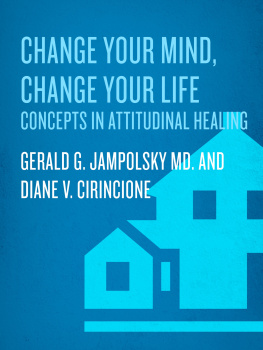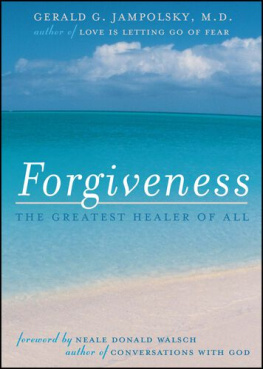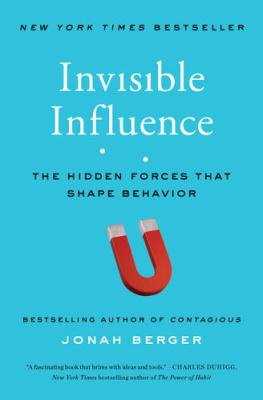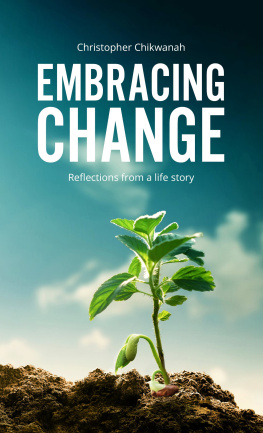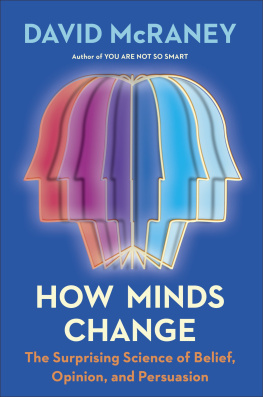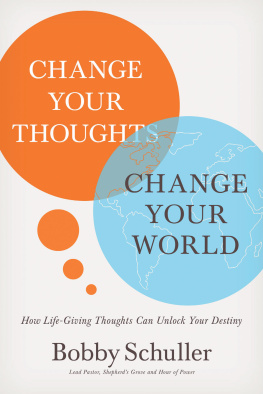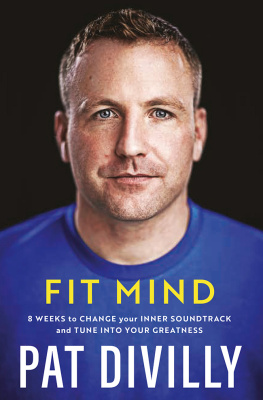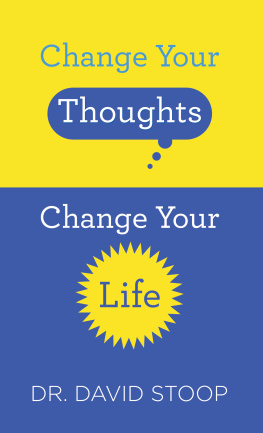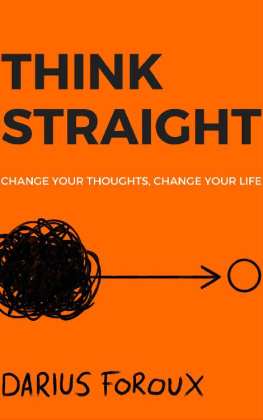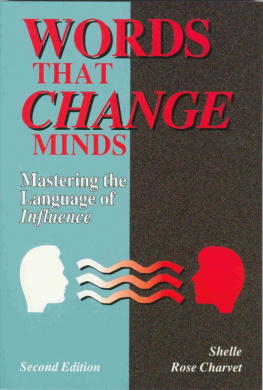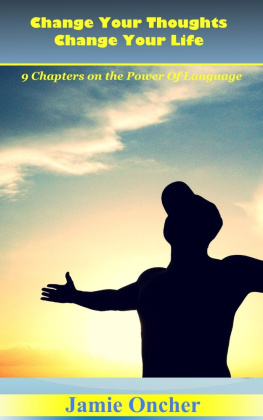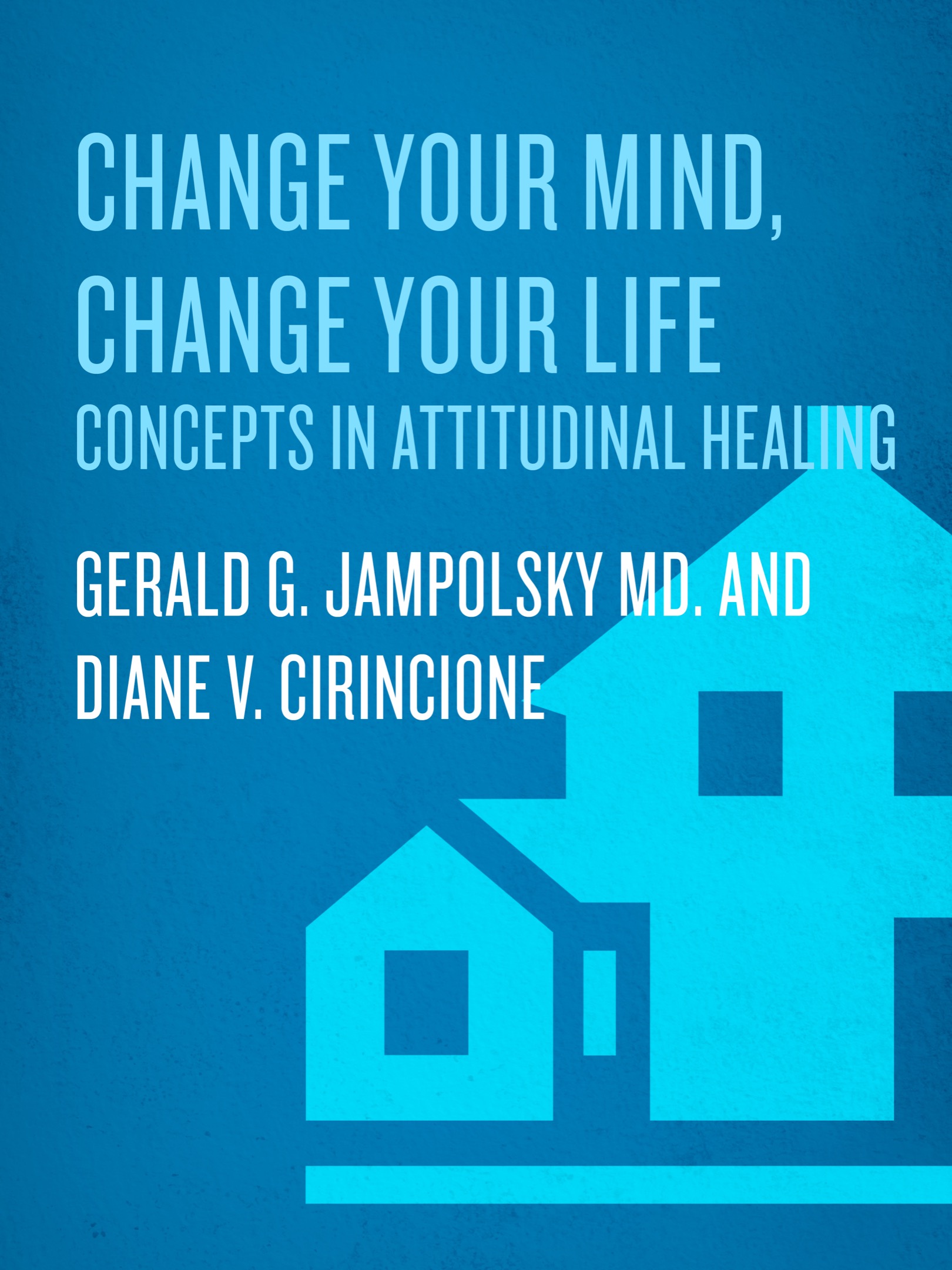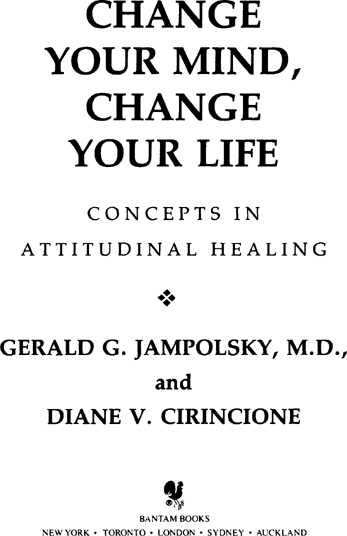BOOKS BY THE SAME AUTHORS
Love Is Letting Go of Fear
Teach Only Love
Goodbye to Guilt
Out of the Darkness into the Light
Love Is the Answer: Creating Positive Relationships
To Give Is to Receive:
An 18 Day Mini-Course on Healing Relationships
One Person Can Make a Difference
Wake-Up Calls
AND FOR CHILDREN
Me First and the Gimme Gimmes
AUDIO CASSETTES
Love Is Letting Go of Fear
Teach Only Love
Goodbye to Guilt
Love Is the Answer: Creating Positive Relationships
To Give Is to Receive
Forgiveness Is the Key to Happiness
Introduction to A Course in Miracles
One Person Can Make a Difference
The Quiet Mind
Achieving Inner Peace
Visions of the Future I
Finding the Miracle of Love in Your Life:
Based on A Course in Miracles
VIDEO CASSETTES
Achieving Inner and Outer Success
Healing Relationships
Visions of the Future I
If you wish information on Jerry Jampolskys and Diane Cirinciones lecture and workshop schedule, or if you wish to purchase books or audio or video cassette tapes, please send a self addressed envelope to P.O. Box 1012, Tiburon, CA 94920 or call 1-800-359-2246.
We dedicate this book with boundless gratitude and love to the many children and adults who have come to our center to seek help and who have become our teachers, to the many volunteers who have contributed so much, and to the uniquely committed staff at the Center for Attitudinal Healing in Tiburon, California.
A CKNOWLEDGMENTS
We wish to express our deepest gratitude and appreciation to Hal Zina Bennett, not only for the many helpful hours he spent editing this book but also for his part in making it such a joyful process. We treasure his friendship with us.
We also wish to acknowledge Tom Ingstad and Debbie Ward Ingstad for their Hawaiian hospitality and for giving us the opportunity to write much of this book in such a beautiful environment.
We are most thankful for the wonderful support and encouragement of our dear friend Michelle Rapkin, who has been our editor at Bantam Books.
We wish to acknowledge that the foundation for this book is based on principles from A Course in Miracles, and we are most grateful to Judith Skutch Whitson and Robert Skutch, of the Foundation for Inner Peace, for their permission to quote from the Course. References for the quotations, which we have borrowed from the Course, can be found in the notes section at the back of the book.
CONTENTS
Part I
Chapter 1
Chapter 2
Chapter 3
Chapter 4
Part II
Chapter 5
Chapter 6
Chapter 7
Chapter 8
Chapter 9
Chapter 10
Chapter 11
Chapter 12
Chapter 13
Chapter 14
Part III
Attitudinal Healing
Eighteen Weekly Lessons
Whether we live our lives
filled with peace or conflict
is ultimately determined by our attitudes.
P REFACE
Most of us want to be at peace in our lives. But it seems as if circumstances are always intruding to make that impossible. If you are like us, even opening up the newspaper in the morning and reading about war and bloodshed taking place throughout the world can make any peace of mind you might have thought you had quickly disappear.
We can be faced with a host of things that happen before we even leave our homes in the morning that we can blame for our lack of peace. We can have a disagreement with our partner over how to handle a problem that has come up with one of our children, and this can leave us feeling angry and out of sorts. Or maybe we discover that someone in our household failed to give us an important telephone message, and we feel that they are to blame for the upset we are feeling.
Our car wont start because the battery is dead, and this can cause our whole day to be ruined. Or the neighbor calls to say he is going to sue us because our tree has caused damage to his roof. We open up an envelope and find a bill from the doctor that we think is outrageously high and unjustified. We feel ripped off, and when we feel this way, it is easy for us to believe that theres a real enemy out there and that we are victims. It is difficult, indeed, to believe that we could possibly have a choice about the ideas and feelings we hold in our minds.
We get to the office and find out that the computer program we just purchased isnt doing the job we were promised it would. Our boss calls us into her office and bawls us out because we didnt stick to our budget.
Or maybe our family physician calls to advise us that our elderly mother needs to be placed in a rest home where her medication can be supervised, yet we know how much she wants to stay in her own home.
Or you are an older person and you feel rejected and alone because your children never seem to phone or visit you.
Truly the list of things that we are capable of getting upset about seems endless. However, the ideas presented in this book are based on the premise that we can change the angry, fearful, negative thoughts in our minds. We need not be victims of events occurring in the world around us. Each instant provides us with a new opportunity to reexamine our lives and to choose, once again, what it is we want to experiencelove or fear, peace or conflict.
The Principles of Attitudinal Healing, from which these ideas are drawn, teach us that happiness is our natural state and that we can choose to have peace of mind as our only goal.
To change our lives, we need only change our minds. Instead of holding on to grievances, blaming others, or condemning ourselves, we can choose to have a willingness to forgive, to let go of all such thoughts. Through that willingness to forgive we take an important step toward correcting our misperceptions and removing the obstacles to our experience of happiness and peace.
Of course in nearly everything we doat home, work, or school; while sitting in the doctors office; at the shopping mall; or perhaps while trying to get information at a government officewe are involved in relationships with other people. And in each of these activities there is always the potential for conflict, anger, and resentment.
Without thinking about it we often set up rules for communication with our loved ones that are entirely different from the rules we follow with the people outside our immediate families. It may be easy to forgive your child or partner, but you may not be as willing to forgive people with whom you work.
If you are a parent, you may get upset because you feel your childs teacher doesnt like him or her. Or, if you are a teacher or principal, you may be distressed because you think that many parents are neglecting their children.
Whether you are a physician, dentist, lawyer, or other professional offering your services, or a person who is the recipient of them, there is always the temptation to blame the other person for causing you to feel pressured and upset, as if that person had the power to take away your peace of mind.
Wherever we go and whatever we do, there always seems to be the temptation to judge or condemn others and to find others to blame for what we are feeling. Furthermore we have all had past experiences that seem to prove to us that we must be careful about whom we trust. We find ourselves filled with doubts and fearful that others will take advantage of us.

